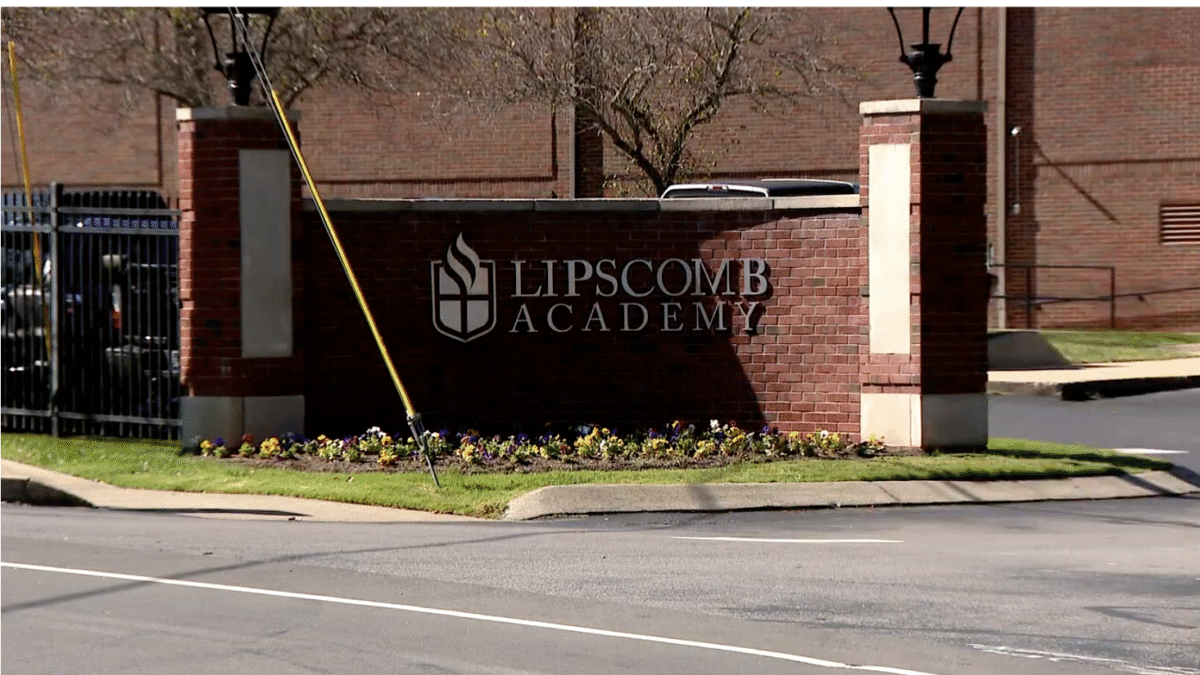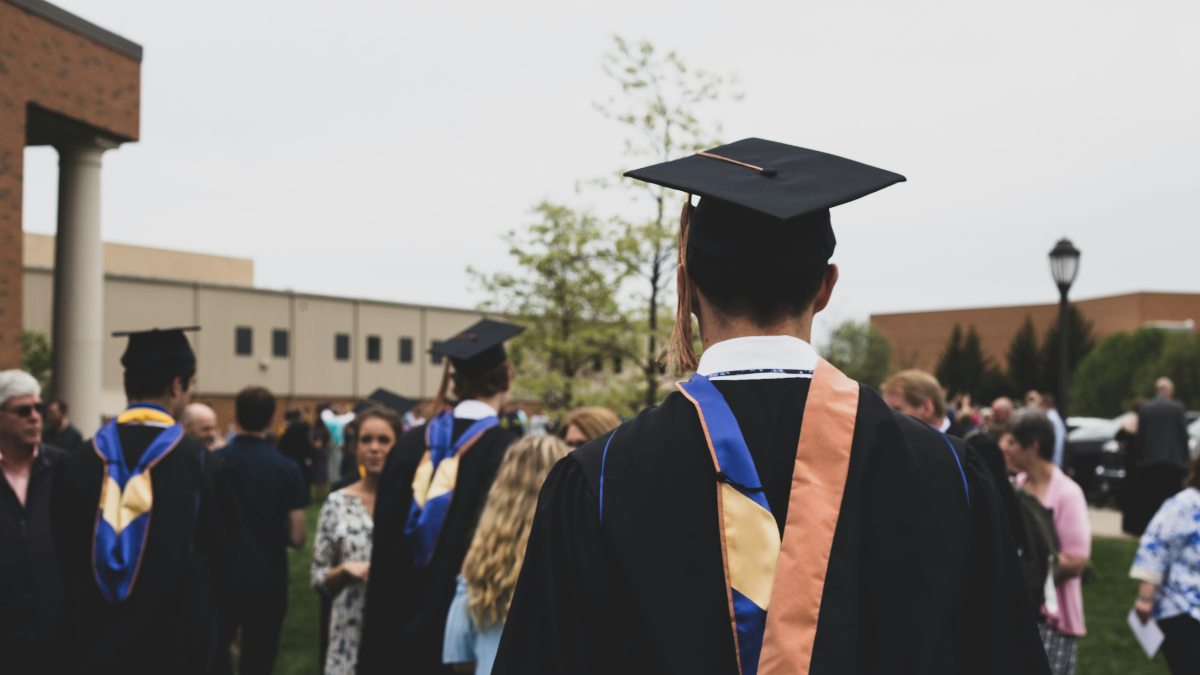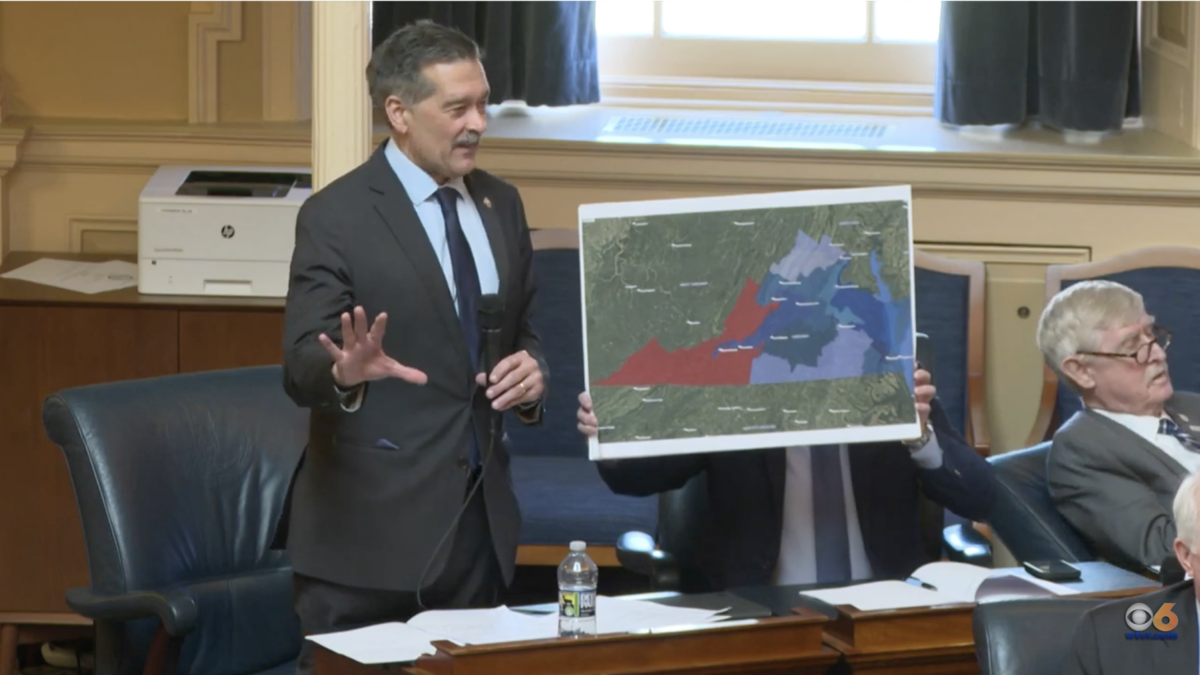
College science classes are hostile to women and minorities because they use the scientific method, which assumes people can find reliable truths about the natural world through careful and sustained experimentation, concludes a recent dissertation by a doctoral candidate at the University of North Dakota.
Laura Parson, a student in the university’s education department, reviewed eight science class syllabi at a “Midwest public university” and said she discovered in them a hidden hostility to women and minorities:
Initial exploration of the STEM syllabi in this study did not reveal overt references to gender, such as through the use of gendered pronouns. However, upon deeper review, language used in the syllabi reflects institutionalized STEM teaching practices and views about knowledge that are inherently discriminatory to women and minorities by promoting a view of knowledge as static and unchanging, a view of teaching that promotes the idea of a passive student, and by promoting a chilly climate that marginalizes women.
Even though the course syllabi contained no “gendered assumptions” about students or other overtly discriminatory implications, Parson writes, they display prejudice against women and minorities because they refuse to entertain the possibility that “scientific knowledge is subjective.”
Women Are Too Stupid to Use Logic
Throughout her dissertation, Parson assumes and asserts that women and minorities are uniquely challenged by the idea that science can provide objective information about the natural world. This is an unfair assumption, she says, because the concept of objectivity is too hard for women and minorities to understand. “[N]otions of absolute truth and a single reality” are “masculine,” she says, referring to poststructuralist feminist theory.
Instead of promoting the idea that knowledge is constructed by the student and dynamic, subject to change as it would in a more feminist view of knowledge, the syllabi reinforce the larger male-dominant view of knowledge as one that students acquire and use make [sic] the correct decision.
So, in other words, using logic and the scientific method are inherently “male” ways of knowing that women and minorities cannot employ. Rather than rejecting this insulting view of women and minorities’ intellectual and rational capacities, Parson uses it as a pretext to advocate that science classes abandon the scientific method itself (which rests on the assumption that truth is unchanging and knowable) and all other “male” forms of oppression, such as “weed-out courses, courses that grade on a curve, a competitive environment, reliance on lecture as a teaching method, an individualistic culture, and comprehensive exams.”
Further, hidden inside these syllabi are imperative statements that — and I am not making this up — Parson says contribute to a “chilly climate” for women and minority students. A “chilly climate,” she says, is “a classroom environment that is not welcoming, inclusive or supportive for women.” (Note, please, her latent bias against cold climates and their inhabitants.)
She gives an example: “the competitive, difficult chilly climate was reinforced in the syllabi through the use of unfriendly and tough language, ‘Do not ask me to figure out your grade standing. I’ll be glad to show you how to do it yourself, but the homepage includes that explanation already.'” Brrrr. How dare professors assume you’re computer literate and can do basic problem-solving.
Feminists Don’t Get Cognitive Science
Although Parson is a doctoral candidate in the UND’s school of education, she seems not to have encountered in her “advanced” coursework the decades of significant research in cognitive science that directly contradicts poststructuralist feminist theories about how people acquire knowledge. Parson repeats the old canard that people construct knowledge, which stems from the anti-scientific theory that truth is relative, and what is true for one person is not true for another because we have all had different sensory experiences. In this view, people make up “their truth” as they interact with the world, and it will necessarily be different from other people’s “truths.” This, Parson and her feminist theorists say, is the “feminine” way of learning.
In education theory this exhibits itself as a theory called “constructivism,” and teachers who subscribe to it say students should be set free to “construct their own knowledge” by exposing them to many different environments and giving them freedom to select their own courses of study and even lessons and reading material.
But cognitive research throws cold water over this outdated and ineffective theory about how people learn. It turns out that refusing to give students explicit instruction or set their course of study drastically increases minority achievement gaps. It also turns out that people do construct knowledge, but not independently; we develop knowledge best when it is directly and explicitly transmitted to us as an objective reality to digest.
In knowledge construction, we essentially interact with and communicate with the thing we are learning. Humans and the thing we are studying each bring something to our interactions. And the something people bring in each episode of learning is prior knowledge they have acquired by systematically investigating and accumulating truths about the world around us. In other words, human beings learn essentially along the lines of the scientific method itself: Through exploring and testing their ideas in relation to a fixed, objective reality (as well as having our ancestors’ experiences passed down to us to save time and forestall repeat mistakes).
We take that reality into ourselves and add it to the reality we have already accumulated, somewhat like a mental version of eating a meal. We eat the food, and the food changes us. We don’t conjure up the food from thin air, we don’t imagine it; it is an objective, unchanging thing outside of us that we add to ourselves, to our benefit.
Or, as the well-known education researcher and American public intellectual E.D. Hirsch put it in his newest book, “meaning is a construct composed of what the text says plus the additional relevant, unspoken knowledge that the reader brings to it” (p. 112). He has over many decades meticulously explained how constructivism and other progressive education theories, in refusing to consciously transmit specific, coherently organized subject-matter knowledge, deprives learners and has drastically diminished the effectiveness of American education.
Stop Lying About Minorities; You’re Hurting Them
So the things Parson says women and minorities need from science education have in fact been proven to impede their progress. Since she hates science, however, it’s no wonder she will reject its conclusions and continue to believe whatever fantasies she wants to cook up that are entirely unrelated to reality.
The cognitive research-supported view of knowledge is not “male-dominant.” It’s accurate. And it’s a pretty damn sorry form of feminism that implies only men can know truth and that insists on keeping women and minorities ignorant while pretending to do the opposite.
The rest of us don’t have to follow along with this offensive nuttery. It’s shocking malpractice for UND’s education department to have neglected to expose a pending doctor of education to some of the critical science in her field. Parson’s ideas are not only wrong, but harmful. They have been proven to torpedo individual and thus societal achievement, most especially for the neediest among us.
UND owes it to Parson and to all students to teach the validated research about how people learn, rather than preserve destructive, false, and, frankly, lunatic theories with taxpayer dollars.









